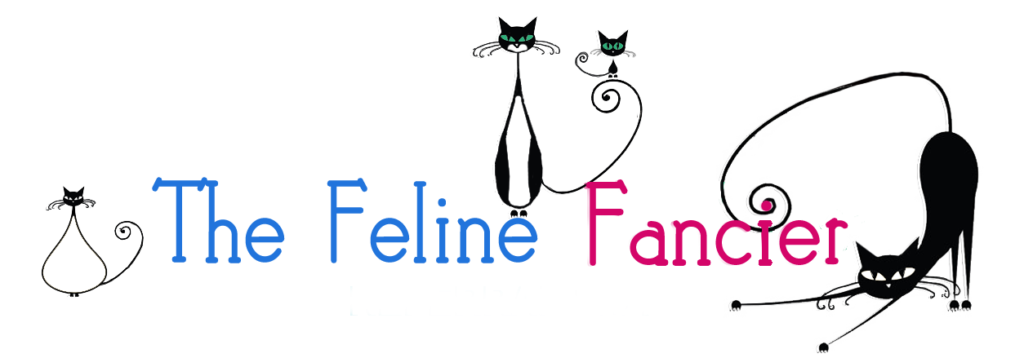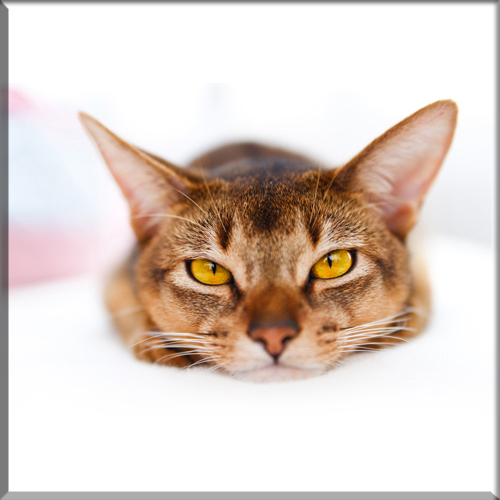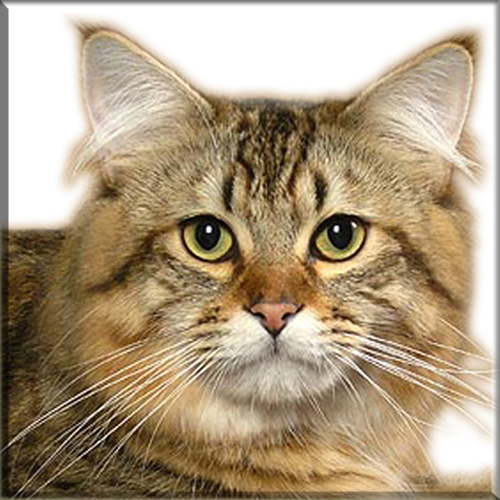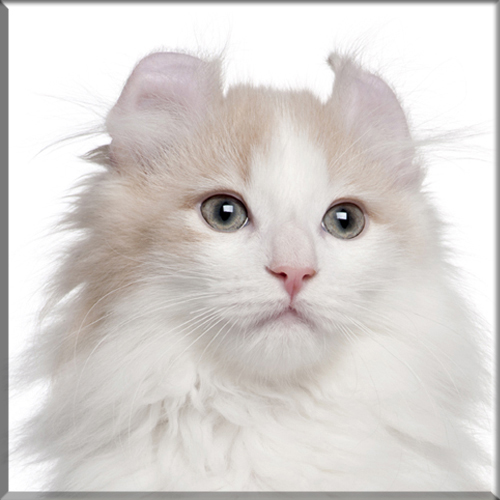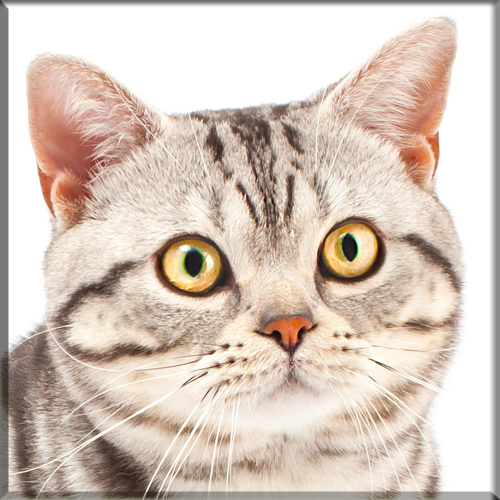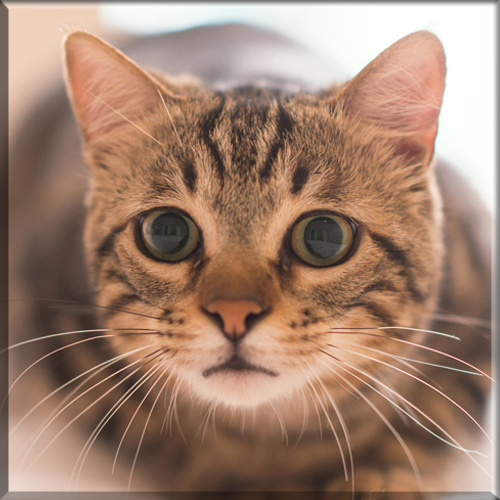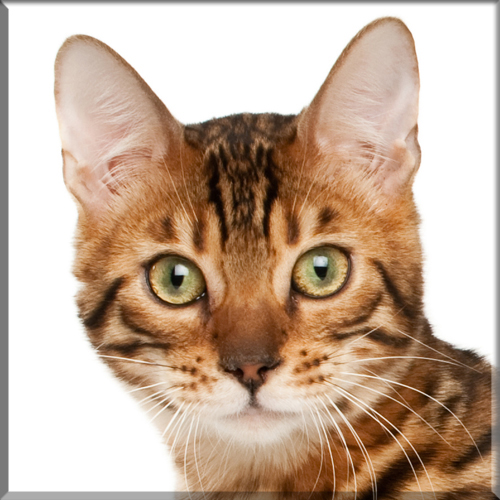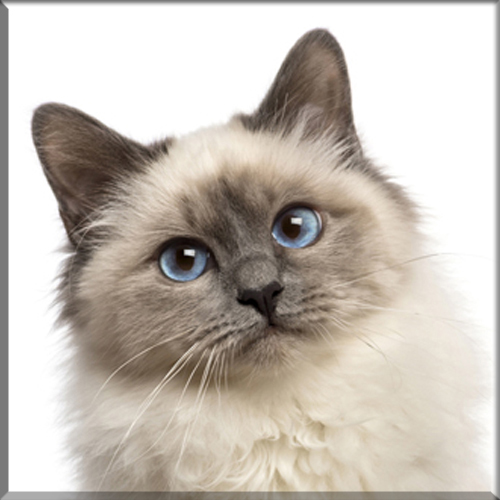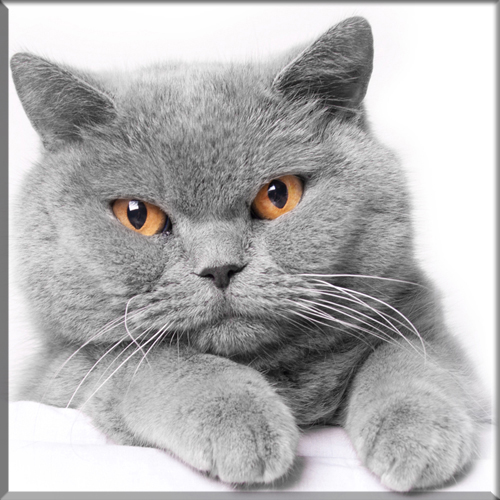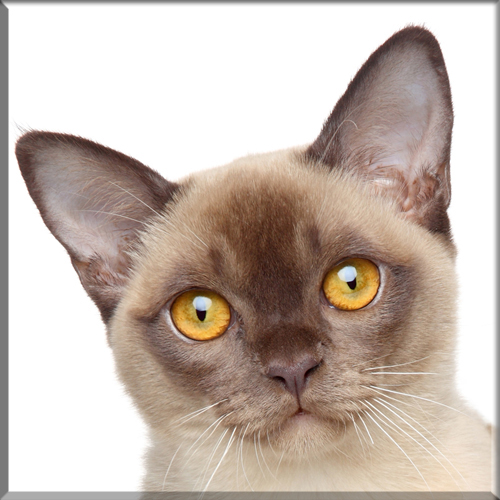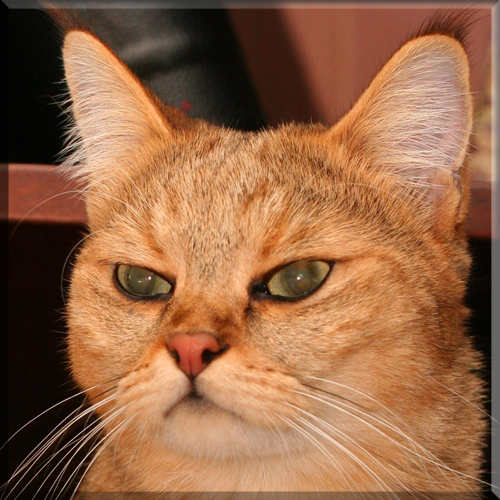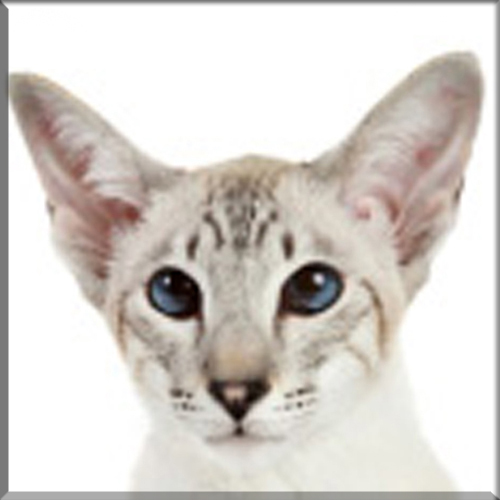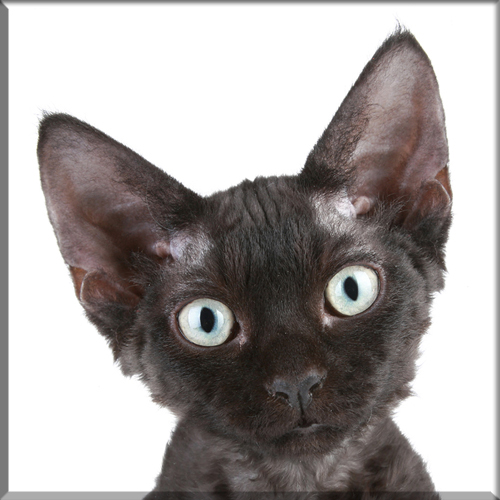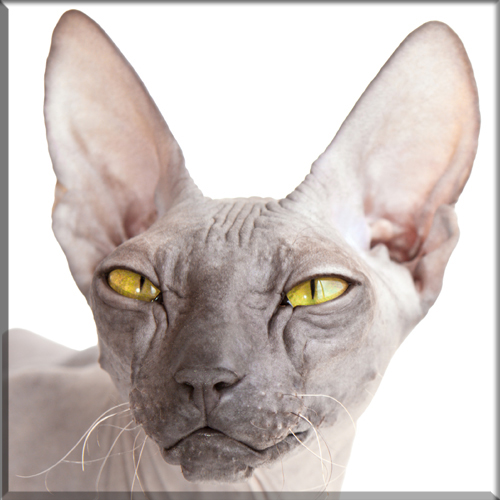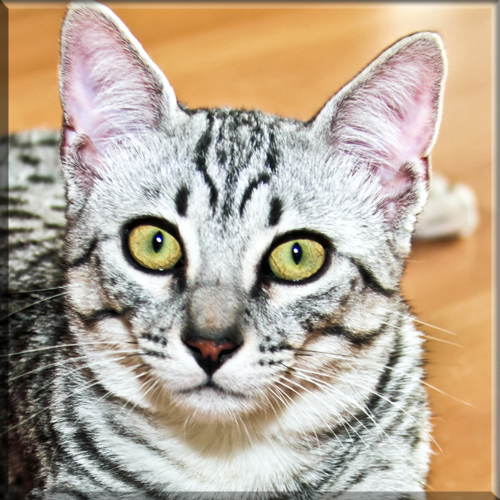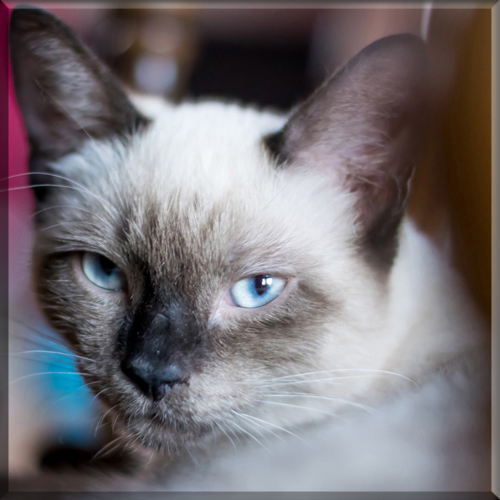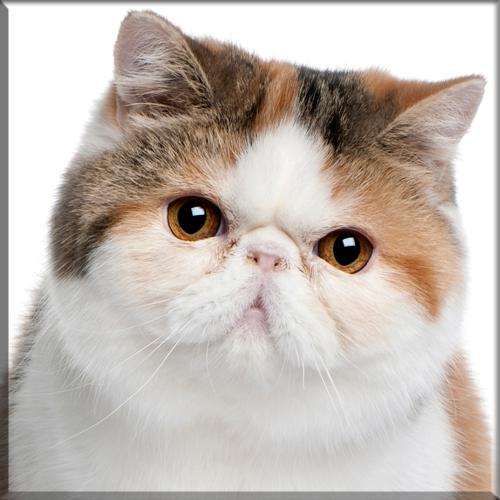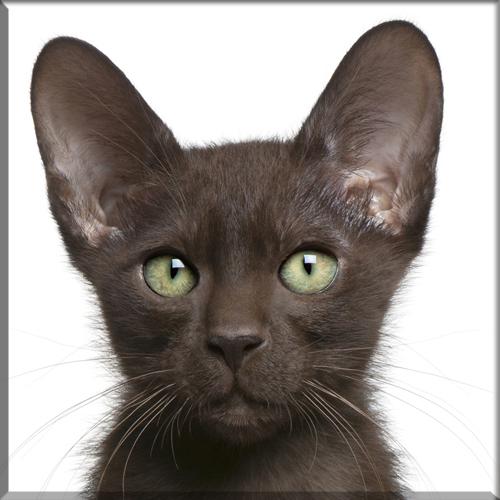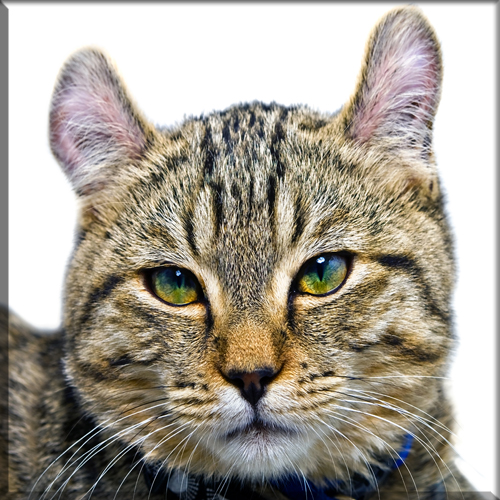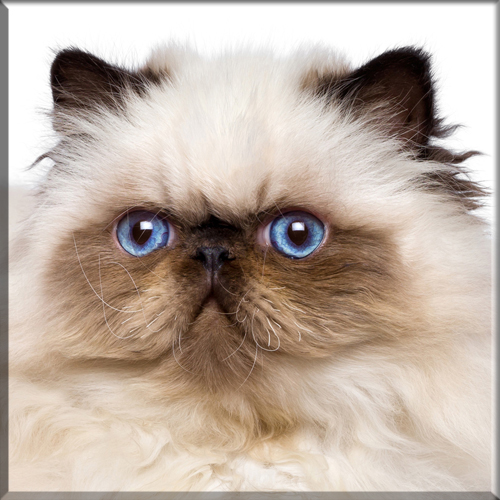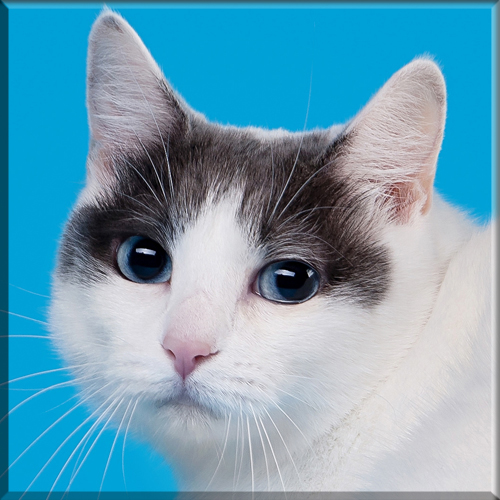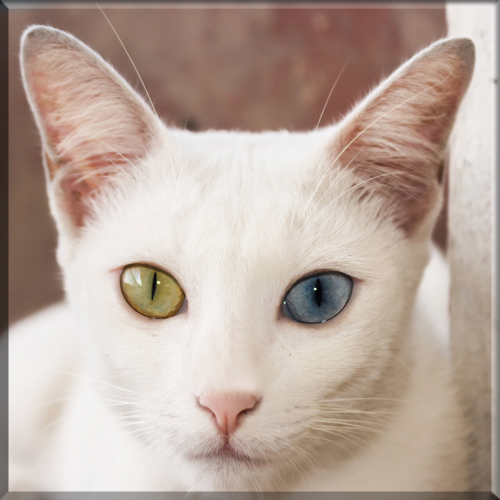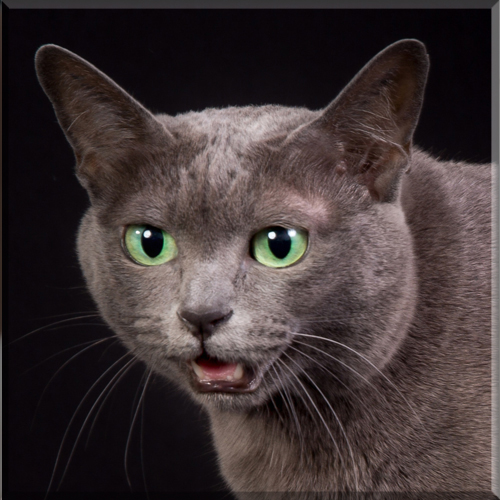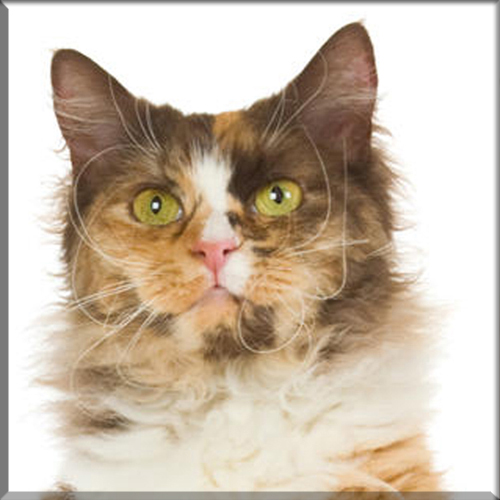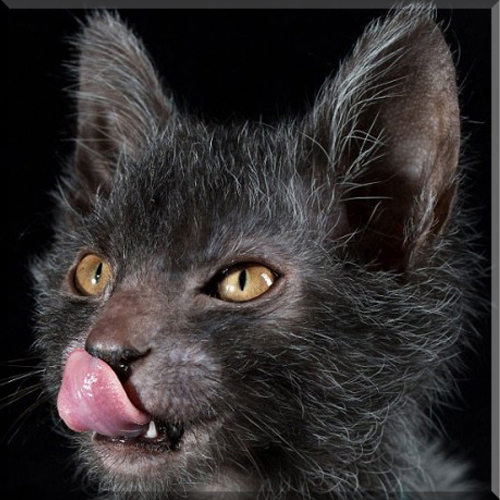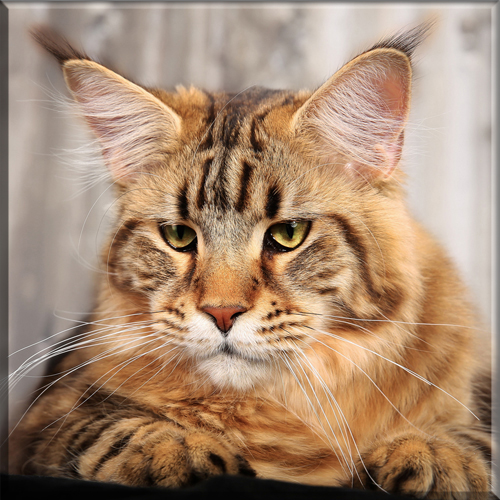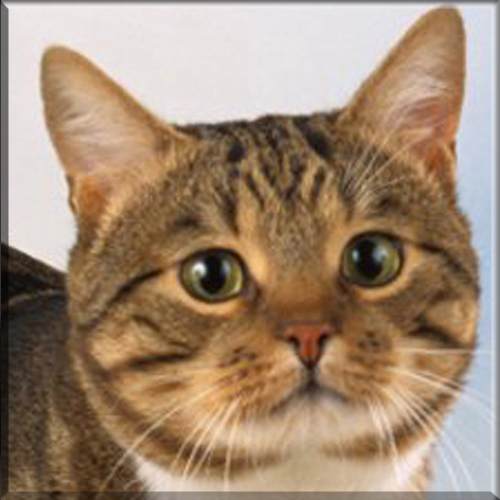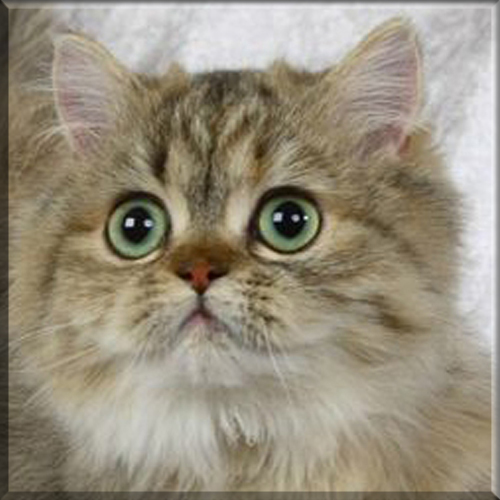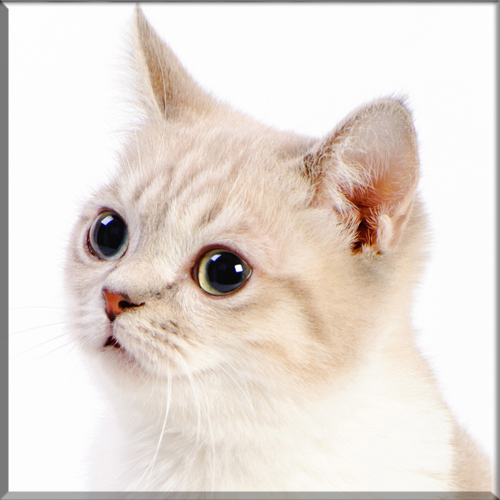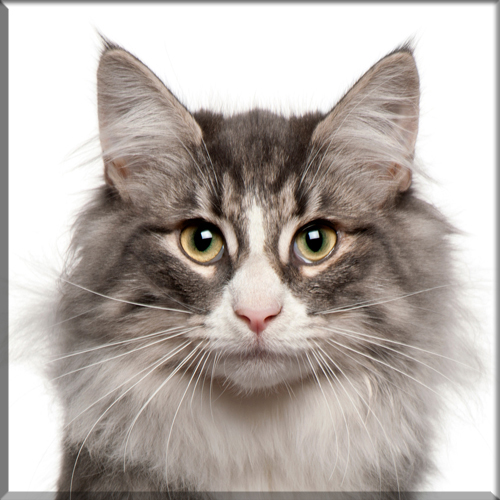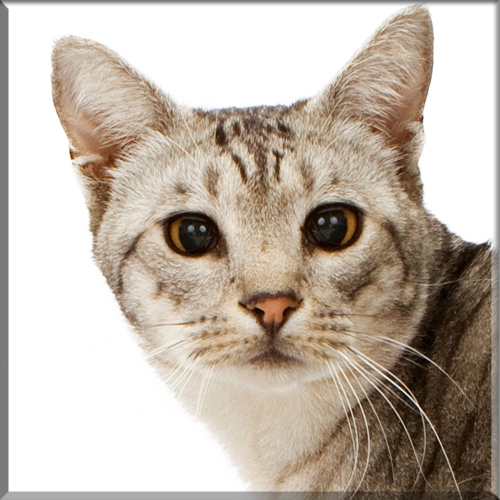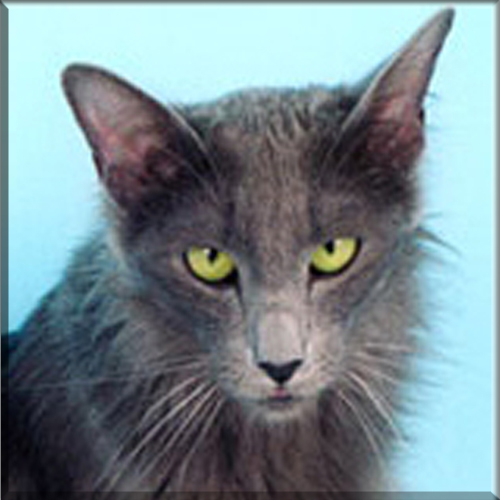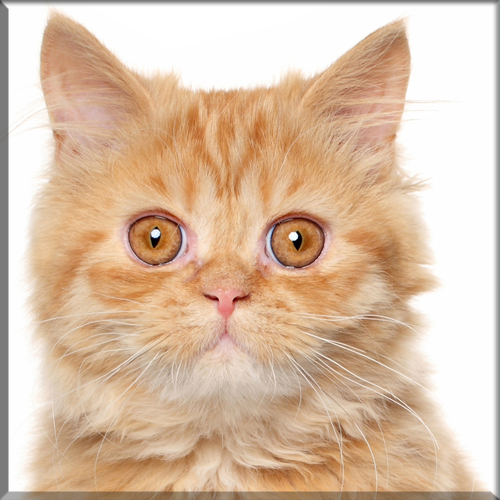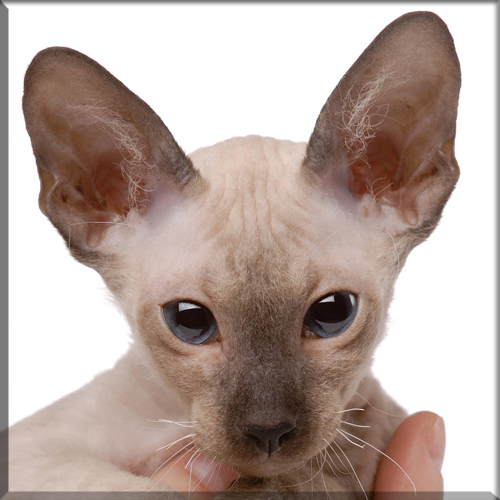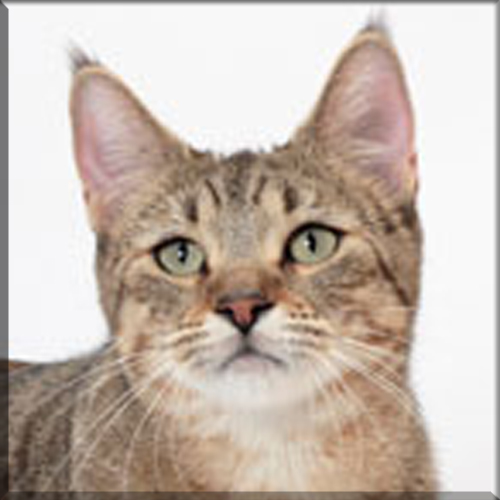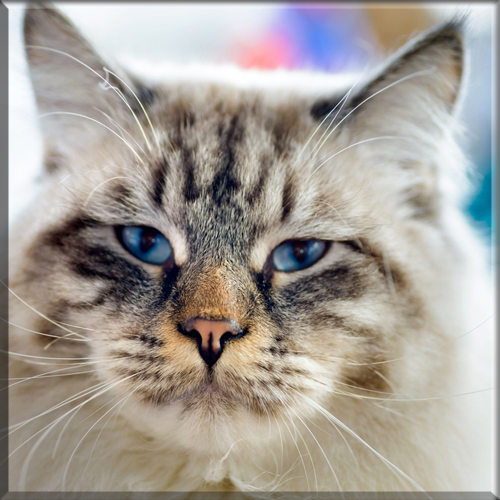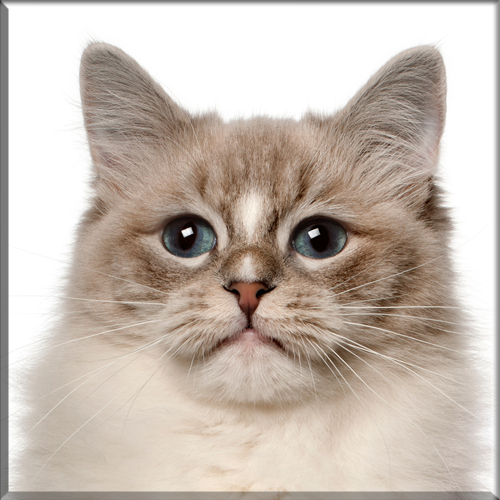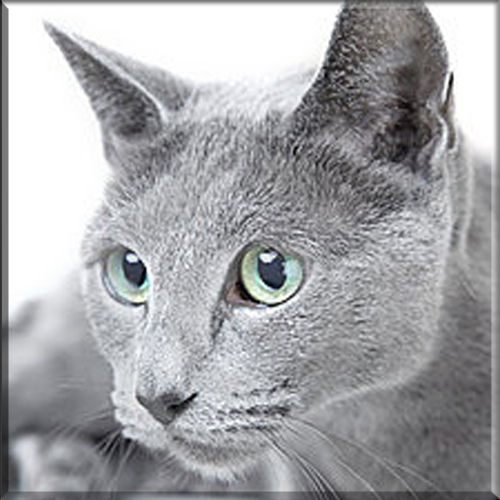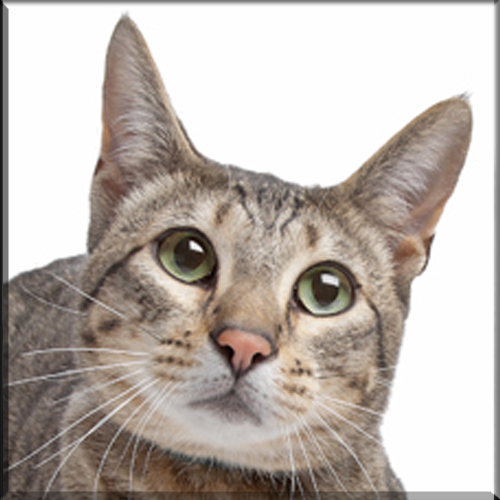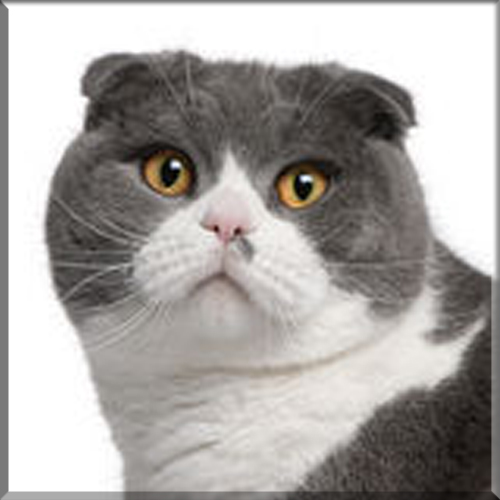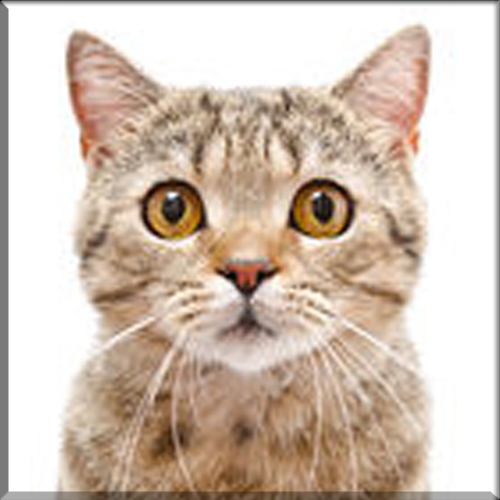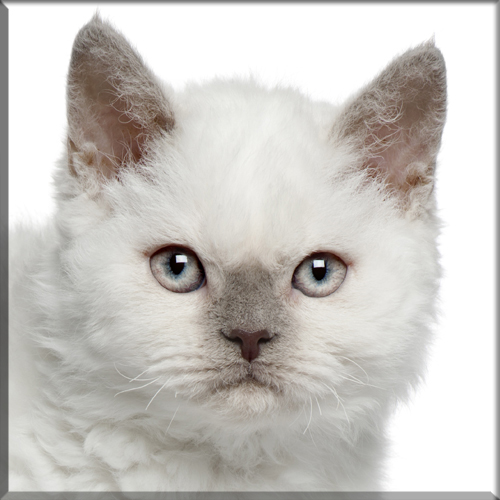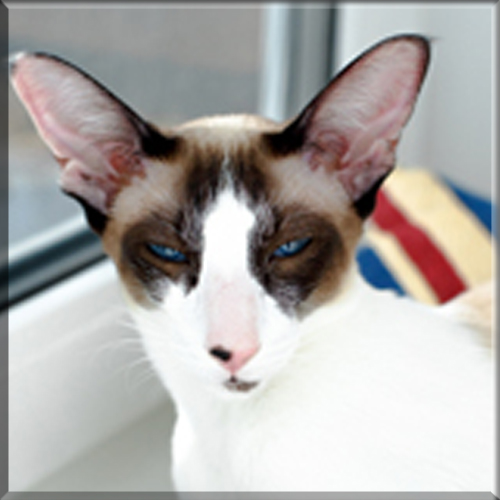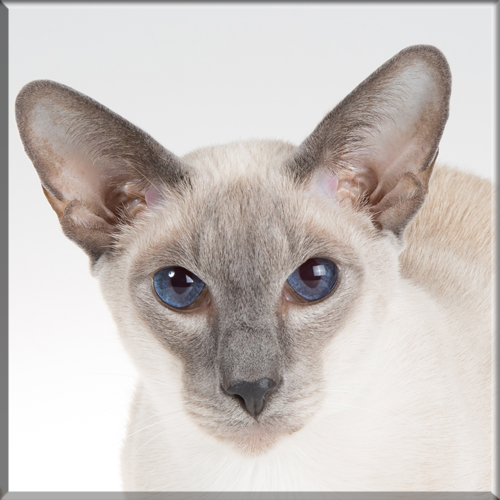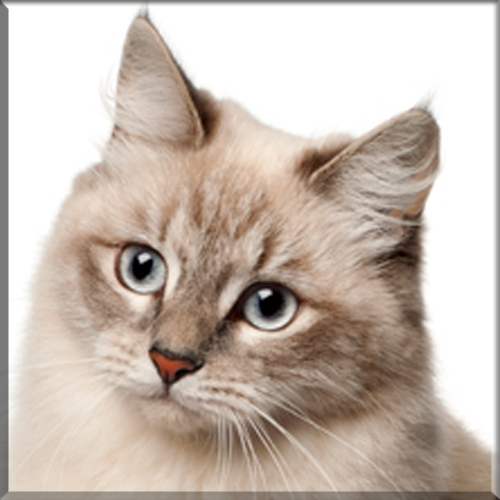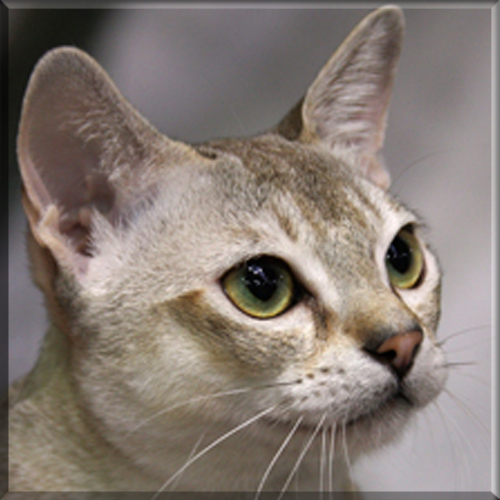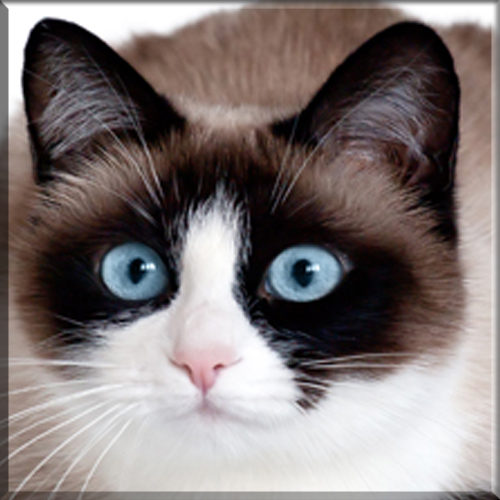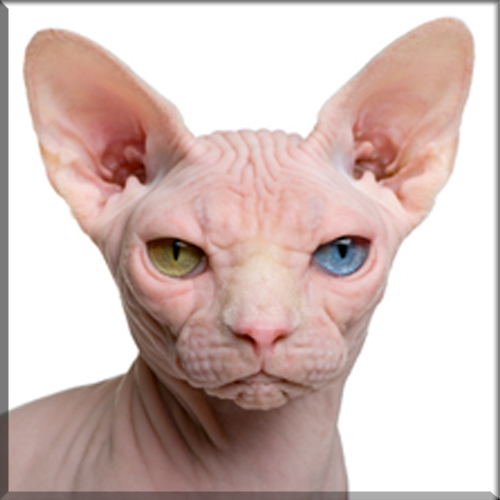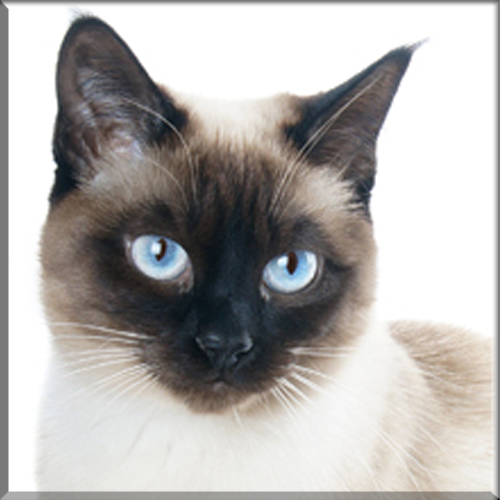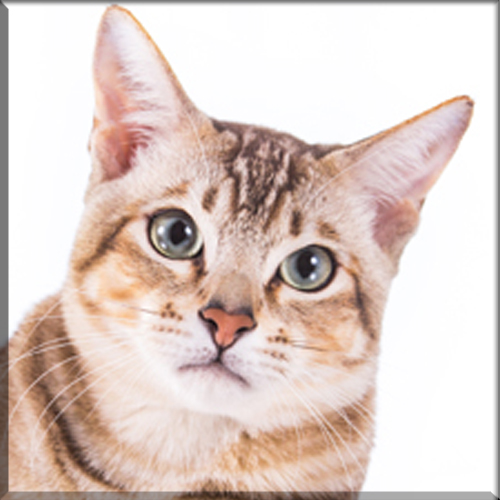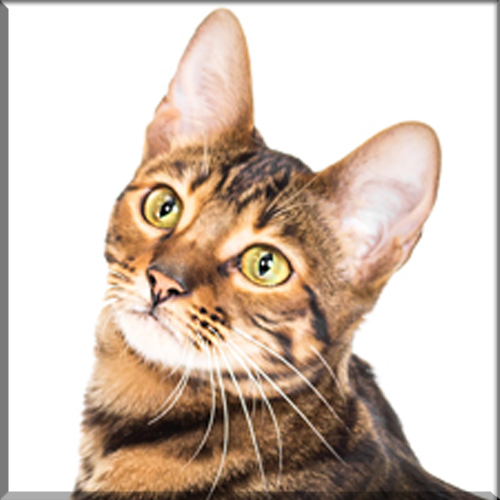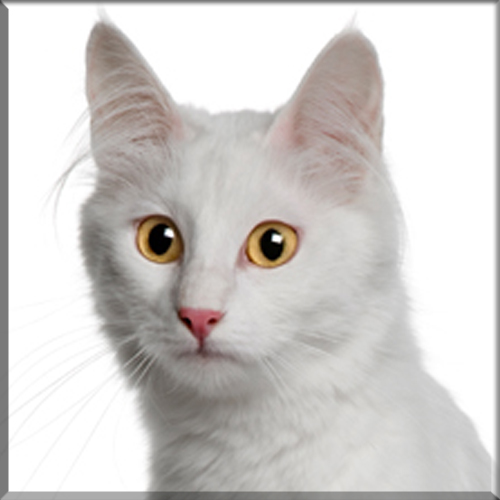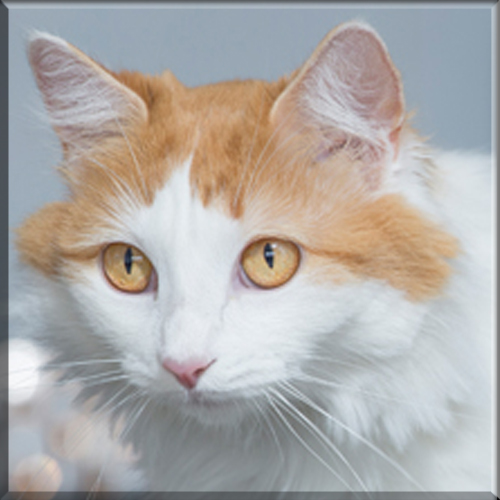Scottish Fold
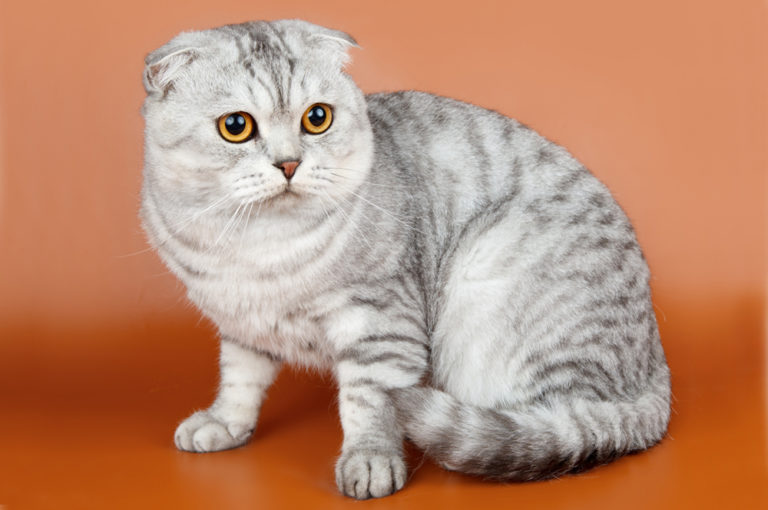
Appearance and features:
All Scottish Folds are born with straight, unfolded ears. With in the first 21 days, those kittens with the Fold gene will begin to show the fold in the ear. The kittens that do not develop folded ears are known as Scottish Straights.
They have large, round eyes and rounded head, cheeks, and whisker pads add to the overall rounded appearance. The nose will be short with a gentle curve and the cat’s body well-rounded with a padded look and medium-to-short legs. The head is domed at the top, and the neck very short. Scottish Folds can be either long- or short-haired. Short hair Scottish Folds have thick and soft fur, with long hair Folds having longer and exceptionally dense fur around their upper thighs, toes, ears, and tail.
Size:
Family:
Depending on registries, longhaired Scottish Folds are varyingly known as Highland Fold, Scottish Fold Longhair, Longhair Fold and Coupari.
Coloring:
Origin:
Temperament:
Health concerns:
Scottish folds are susceptible to
- Osteochondrodysplasia (OCD) is a developmental abnormality that affects cartilage and bone development throughout the body.
- polycystic kidney disease (PKD)
- HCM Hypertrophic cardiomyopathy.
- Degenerative joint disease, most commonly affecting the tail, ankles, and knees
Breed Characteristics
Here is a helpful guide for the different characteristics of the breed. On a Scale of 1-5. 1 being very low level to 5 being high level.
Hypoallergenic: No
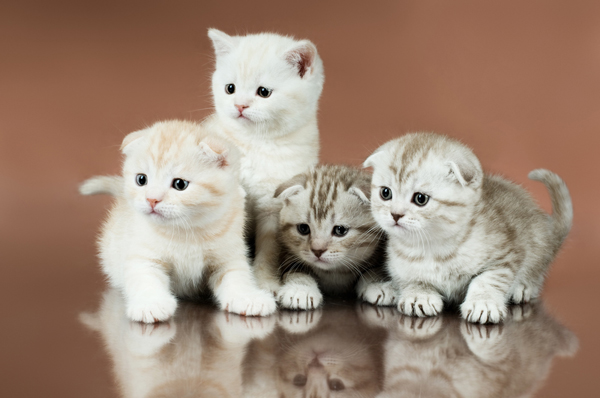
Breeders With Currently Available Kittens
All The Cat Breeds
- Abyssinian
- American Bobtail
- American Curl
- American Shorthair
- American Wirehair
- Balinese
- Bengal
- Birman
- Bombay
- British Shorthair
- Burmese
- Burmillia
- Charteux
- Chausie
- Colorpoint Shorthair
- Cornish Rex
- Devon Rex
- Donskoy
- Egyption Mau
- European Burmese
- Exotic
- Havana Brown
- Highlander
- Himalayan
- Japanese Bobtail
- Khao Manee
- Korat
- LaPerm
- Lykoi
- Maine Coon
- Manx
- Minuet / Napolean
- Munchkin
- Norwegian Forest Cat
- Ocicat
- Oriental Longhair
- Oriental Shorthair
- Persian
- Peterbald
- Pixie Bob
- Ragamuffin
- Ragdoll
- Russian Blue
- Savannah
- Scottish Fold
- Scottish Straight
- Selkirk Rex
- Seychellois
- Siamese
- Siberian
- Singapora
- Snowshoe
- Somali
- Sphynx
- Thai
- Tonkinese
- Toyger
- Turkish Angora
- Turkish Van
